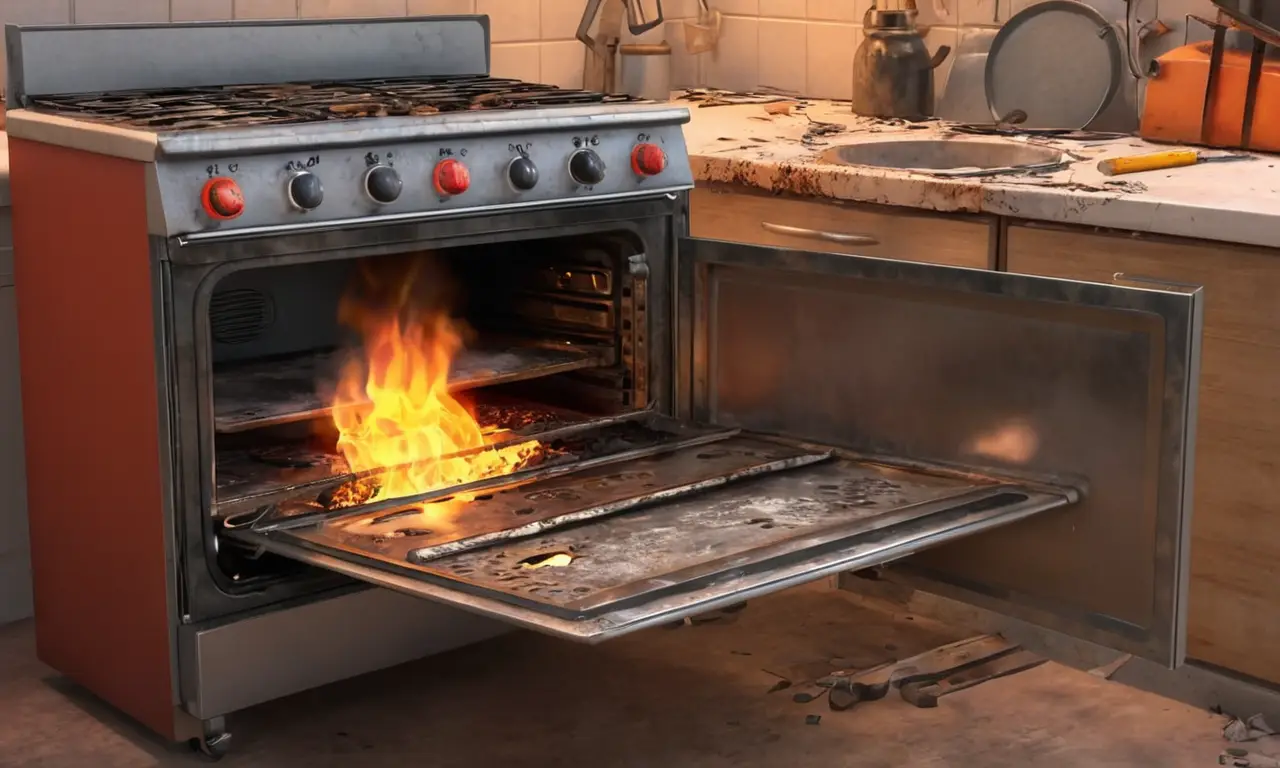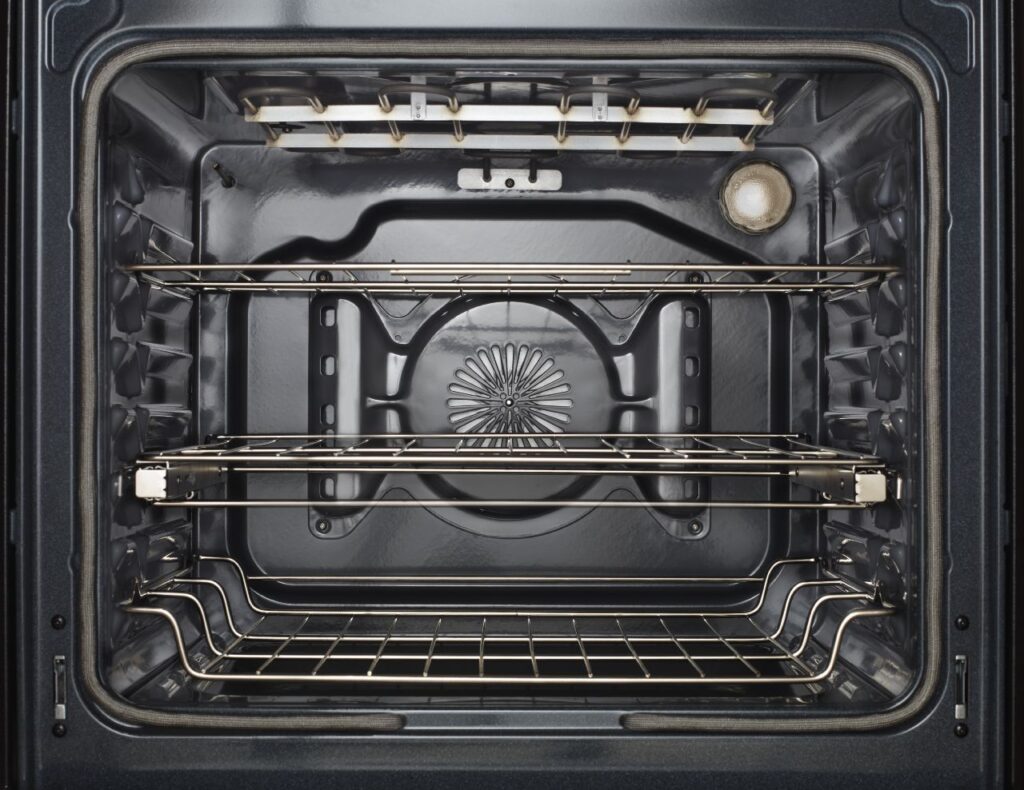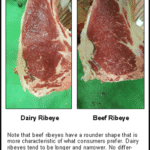Is your oven making strange noises even when it’s not in use? It can be unsettling to hear sounds coming from an appliance that should be silent. While some minor noises might be normal, persistent or unusual sounds could indicate a problem. This article will delve into the common causes of why is my oven making noise when off and provide practical troubleshooting tips to help you identify and address the issue.
This guide will explore the various reasons behind your oven’s mysterious noises, from faulty components to simple explanations like thermal expansion. We’ll also walk you through step-by-step troubleshooting techniques to help you pinpoint the source of the problem and get your oven back to its quiet self.
Oven Noises When Off
The types of noises your oven might make when off can vary, providing clues about the potential cause. Some common sounds include:
- Humming or buzzing: This could indicate a faulty fan motor or electrical issue.
- Clicking or ticking: Loose internal components or a malfunctioning timer could be responsible for these sounds.
- Rattling or clanging: This might suggest loose parts within the oven cavity, such as trays or racks.
- Grinding or scraping: This sound usually points to a problem with the oven’s heating elements or bearings.
Identifying the specific type of noise your oven is making will help you narrow down the potential causes and guide your troubleshooting efforts.
Causes of Oven Noise

Several factors can contribute to your oven making noises when off:
- Faulty Fan Motor: The fan motor, responsible for circulating air within the oven, can wear out or malfunction, causing humming, buzzing, or grinding noises even when the oven is not in use.
Loose Internal Components: Over time, vibrations from the oven’s operation can loosen internal components like trays, racks, or screws. These loose parts can rattle or clang when the oven cools down or expands and contracts due to temperature changes.
Thermal Expansion and Contraction: Metal parts within the oven expand and contract as they heat up and cool down. This natural process can sometimes cause clicking or popping sounds, especially in older ovens.
- Electrical Issues: Problems with the oven’s wiring or control board can also lead to humming, buzzing, or clicking noises.
Troubleshooting Tips

Here are some troubleshooting steps you can take to address why is my oven making noise when off:
Faulty Fan Motor
- Check the Fan Motor: Carefully inspect the fan motor for any visible damage, such as loose wires or burnt components.
- Listen for Unusual Sounds: When the oven is turned on, listen closely for unusual sounds coming from the fan motor. A grinding or screeching noise indicates a potential problem.
- Test the Fan Motor: If you have access to a multimeter, test the fan motor’s resistance according to the manufacturer’s specifications. Low resistance readings could indicate a faulty motor.
Loose Internal Components
- Inspect the Oven Cavity: Carefully examine the oven cavity for any loose trays, racks, or screws. Tighten any loose connections.
- Check the Door Seals: Ensure that the door seals are properly aligned and secure. A loose seal can cause rattling noises when the oven is closed.
Conclusion
Addressing why is my oven making noise when off often involves a combination of careful inspection, troubleshooting steps, and potentially professional repair. By understanding the common causes and following these tips, you can identify the source of the noise and take appropriate action to restore your oven’s quiet operation. If you are uncomfortable performing any repairs yourself, it is always best to consult a qualified appliance technician for assistance.



